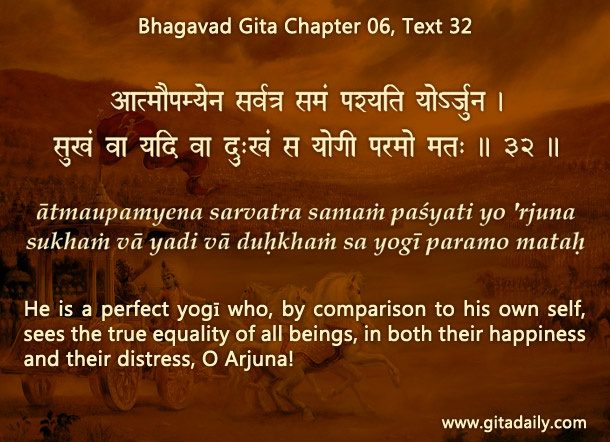Today’s culture cherishes equality – reports of discrimination often trigger outrage. Yet even cursory observation of people shows that they are glaringly unequal in their abilities and activities. This observation is confirmed by various metrics used to assess people: looks, fingerprints, IQ, talents, personality.
This problem of the apparent inequality of people is aggravated by the prevailing materialistic worldview, which claims that people are just material creatures or “machines made of meat”. But machines are defined by what they can do. A flagship phone, with many special features, is significantly different from a budget phone.
Someone might argue: “All phones are equal in the sense that they are phones. Similarly, all humans are equal because we are humans.”
Ok, but what does it mean to be human? What is this humanity we share? Does it arise from our shared biological components: kidneys or digestive systems or backbones that enable erect walking? No; some humans may lack some of these bodily organs, yet we will consider them humans.
We intuit the equality of humanity because of our shared human experiences – we all crave pleasure, long to belong, and resent discrimination. But materialism deems all such experiences merely products of biochemical stimulation of brain cells. More problematically, materialism leaves no room for any actual experiencer. If there is no individual source of unified awareness, then who is equal? Indeed, who even seeks equality? Materialism leaves our longing for equality hanging in sentimentality.
Gita wisdom grounds our longing for equality in reality by explaining that we all are spiritually equal. We are equal sparks of spirit, equal parts of the Divine. When we understand that a similar spiritual essence animates every living being, that vision fosters not just equality but also empathy (Bhagavad-gita 06.32).
One-sentence summary:
Our intuition that everyone is equal points to the reality that everyone is essentially spiritual.
Think it over:
- Why does materialism provide no basis for cherishing equality?
- Are we all equal because we all are biological machines?
- How does a spiritual worldview ground our longing for equality in reality?
***
06.32 He is a perfect yogi who, by comparison to his own self, sees the true equality of all beings, in both their happiness and their distress, O Arjuna!
To know more about this verse, please click on the image
Explanation of article:
Podcast:


Haribol. Nicely explained with good analogy
Thanks for your specific appreciation.